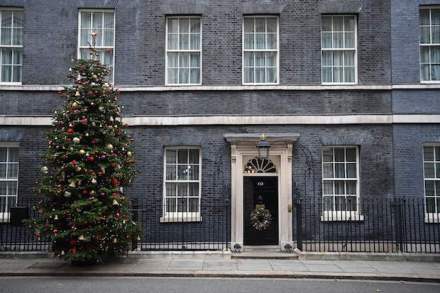Will the first vaccinated Brits have some immunity by Christmas?
So, Christmas, it seems, will not be cancelled after all. The government has decided instead to tackle fears of a January spike in cases with tougher messaging, telling people that just because they will have the legal right to mix for five days next week doesn’t necessarily mean they ought to avail themselves of that freedom. In other words, we’re not changing the rules, but we’d really rather you didn’t take advantage of them. But could the vaccinations which have already been performed save us from a post-Christmas spike? The Pfizer vaccine – the only one being given to the general public so far – is designed to be given




















